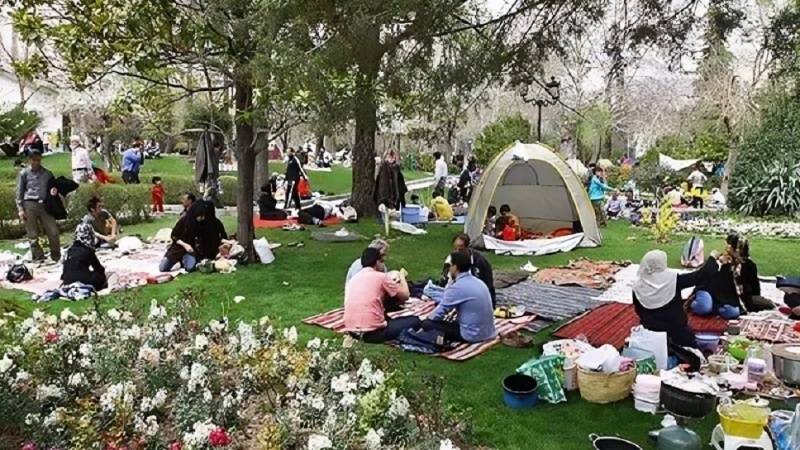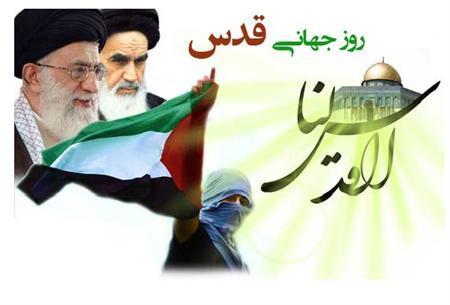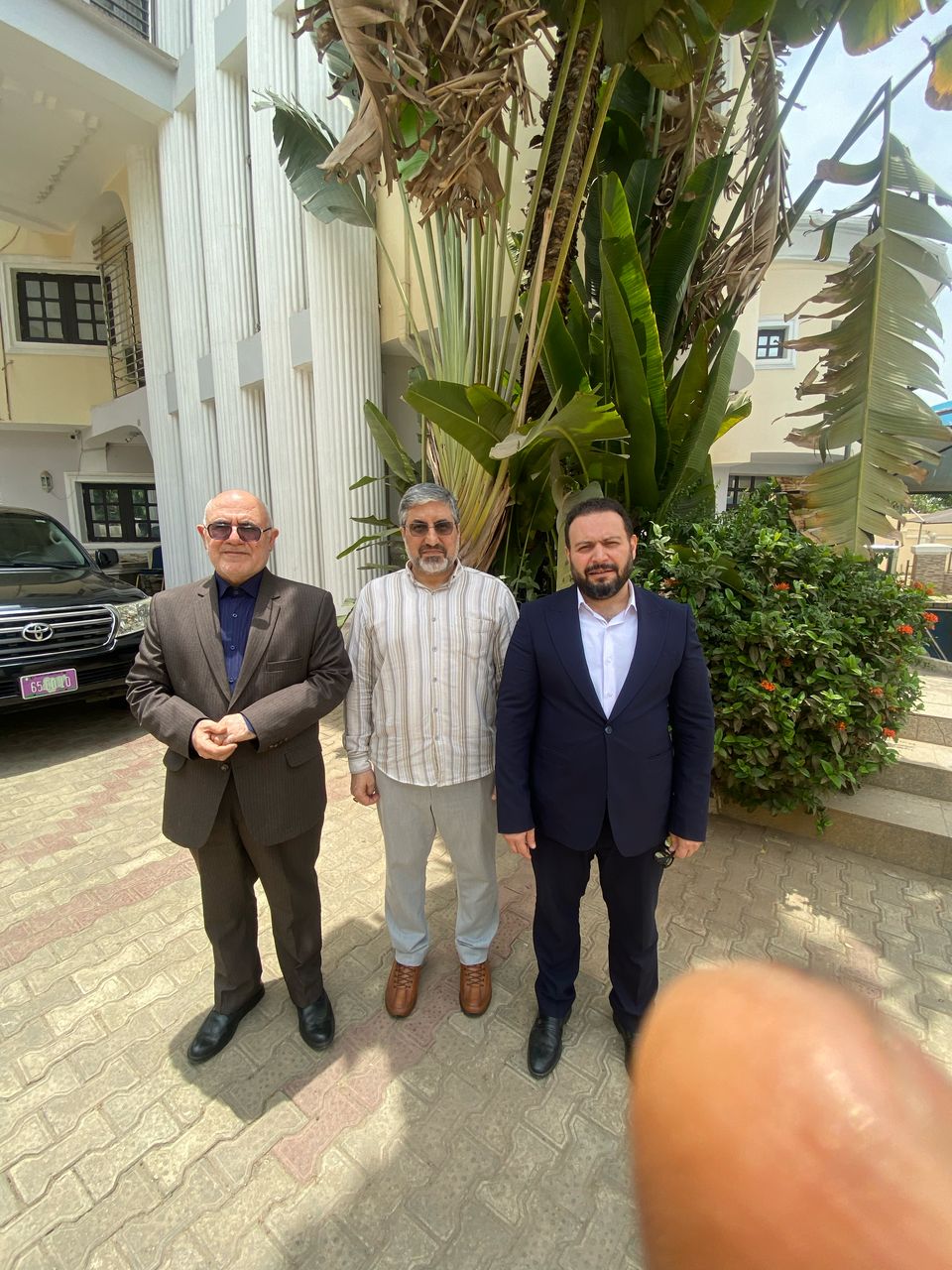News Abuja

In our last episode of the Path towards Enlightenment, a fortnight ago, we focused on the absurdity of the pagan Arabs of Mecca and their refusal to accept rationality of the message of Islam preached by Prophet Mohammad (SAWA). We also said the groups and factions opposing truth are ultimately bound to fail, although they seem to have power and wealth. The ayahs of the holy Qur’an warned the pagan Arabs of their defeat in the near future.

According to Pars Today, the thirteenth of Farvardin each year marks the final day of Nowruz holidays, known as "Sizdah Bedar." In ancient times, after twelve days of celebration and joy symbolizing the twelve months of the year, Iranians would go to gardens and fields on the thirteenth day of Nowruz to spend the last day of the holiday amidst nature, surrounded by greenery, plants, and the flowing waters of springs and streams.

On January 21, 2025 (equivalent to the 21st of Ramadan 1446 AH), the Cultural Consultation of the Islamic Republic of Iran in Nigeria held a special competition focusing on the Holy Quran. This competition was held with the aim of strengthening Quranic diplomacy among Nigerian Muslims and creating a common atmosphere for the promotion of religious knowledge in this country.

On March 28, 2025, coinciding with the 27th of Ramadan 1446, the Cultural Consultation of the Islamic Republic of Iran in Nigeria, on the occasion of the International Quds Day, has made plans to familiarize people with the various events of the Holy Quds and the humanitarian and Islamic duties towards it. The main purpose of these programs is to promote public awareness about the history of Al-Quds and its importance in the Islamic world.

On March 28, 2025, coinciding with the 27th of Ramadan 1446, the Cultural Consultation of the Islamic Republic of Iran in Nigeria, on the occasion of the International Quds Day, has made plans to familiarize people with the various events of the Holy Quds and the humanitarian and Islamic duties towards it. The main purpose of these programs is to promote public awareness about the history of Al-Quds and its importance in the Islamic world

On 7th August 1979, the late Imam Khomeini (ra) said: "I call on all Muslims and Muslim governments to unite in order to get the hands of this occupier (Israel) and its supporters off Palestine and call on all Muslims around the world to name the last Friday of Ramadan month as the 'Quds day' and declare the international solidarity of Muslims in supporting legal rights of (Palestinian) Muslims." This day represents the global support for the Palestinians as well as other oppressed people.

The Cultural Consultation of the Islamic Republic of Iran in Nigeria has supported the targeted programs of these groups and institutions in Nigeria with the aim of empowering institutions and organizations active in the religious and civil field in Nigeria, especially related institutions and groups, in line with the thoughts and ideas of the rich culture of Shiism and the Ahl al-Bayt (a.s.). In this regard, in response to the broadcast of Muawiyah's series on MBC, it has held a meeting entitled "Explaining the Distortion of the History of Islam" at the Al-Kawthar Katsina Institute in Nigeria.
The Cultural Consultation of the Islamic Republic of Iran in Nigeria has supported the targeted programs of these groups and institutions in Nigeria with the aim of empowering and localizing the activities of the institutions and organizations active in the religious field in Nigeria, especially the related institutions and groups, in line with the thoughts and ideas of the rich culture of Shiism and the Ahl al-Bayt (a.s.). In this regard, it has taken steps to support religious and religious programs on the occasion of the Nights of Qadr in different cities and states of Nigeria.
Choose blindless
Red blindless Green blindless Blue blindless Red hard to see Green hard to see Blue hard to see Monochrome Special MonochromeFont size change:
Change word spacing:
Change line height:
Change mouse type:
